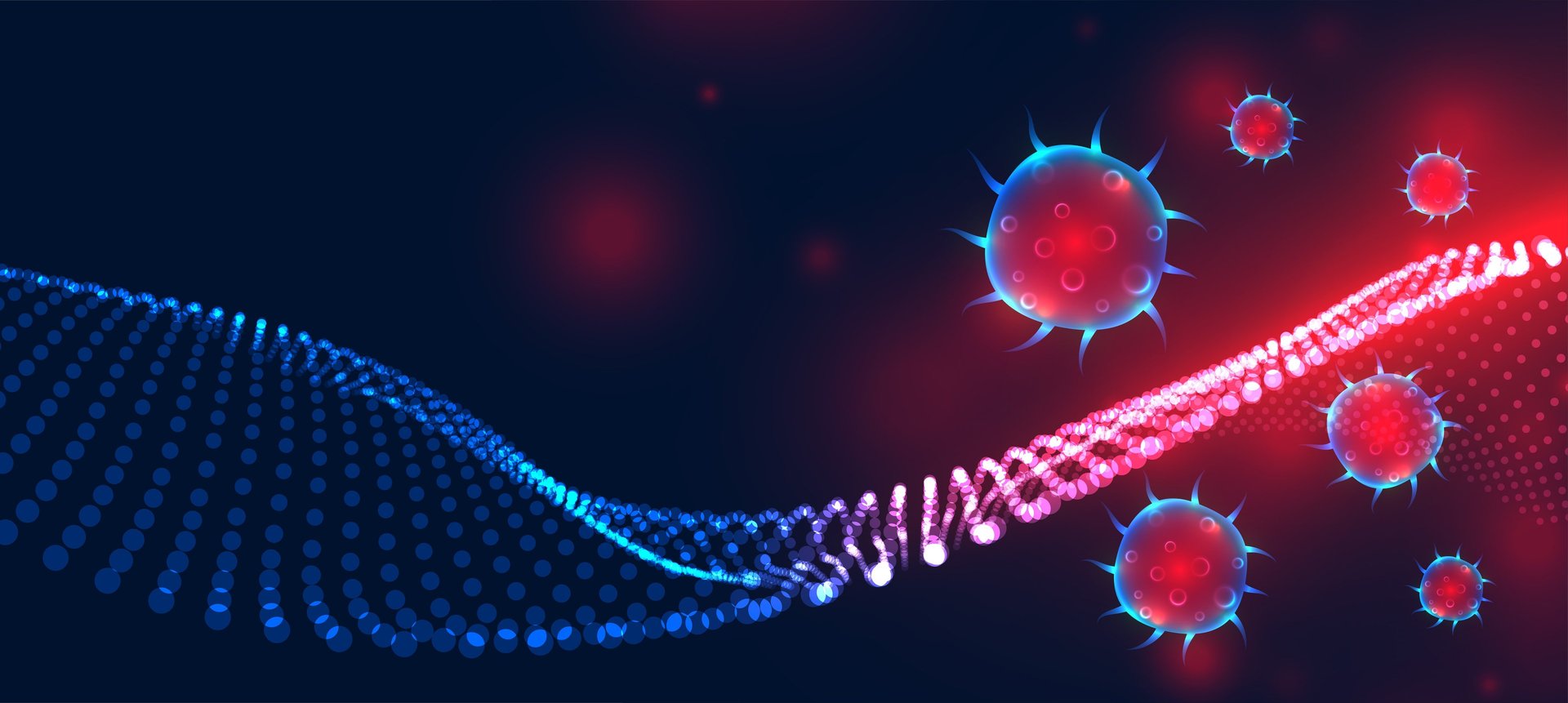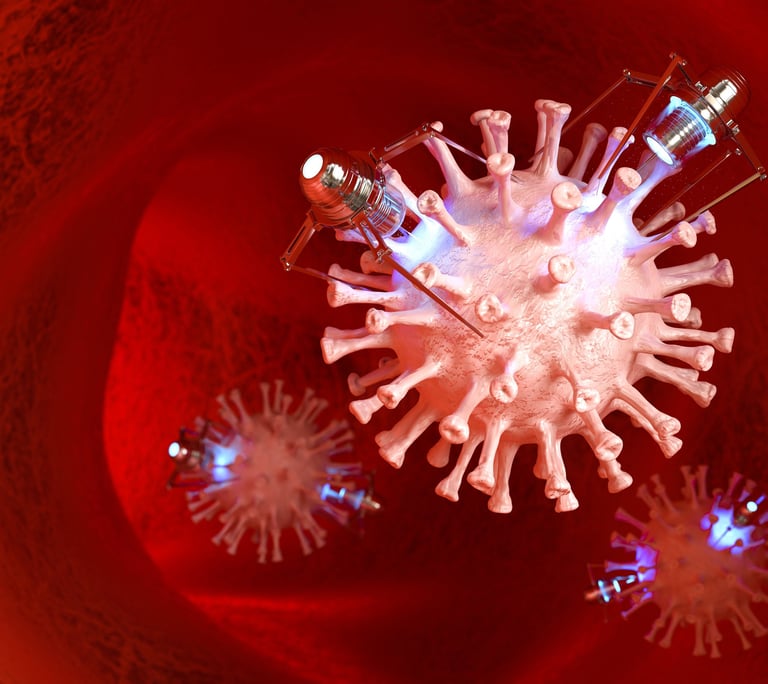
Immunotherapy
Chemotherapy is a type of cancer treatment that uses powerful drugs to destroy cancer cells. It works by targeting fast-growing cells in the body, which is a hallmark of most cancer types. While it is an effective treatment option, chemotherapy can also affect some healthy cells, leading to side effects that vary depending on the type of drug and dosage used.


When is Immunotherapy Used?
Immunotherapy isn’t for all cancers but works well in many types:
Melanoma (skin cancer)
Lung cancer
Bladder cancer
Kidney cancer
Head and neck cancers
Certain types of blood cancers (like lymphoma and leukemia)
Triple-negative breast cancer (TNBC)




How is Immunotherapy Given?
Immunotherapy can be administered in several ways:
Intravenous (IV) infusion – the most common method, usually given in a hospital or clinic
Oral tablets – less common, but available for some cancer types
Topical creams – used for early-stage skin cancers
Injectable forms – used in certain vaccines or local treatments




Common Side Effects
While immunotherapy is generally well-tolerated, it can cause side effects, especially if the immune system starts attacking healthy tissues. Common side effects include:
Fatigue
Skin rash or itching
Fever and chills
Nausea
Diarrhea
Joint or muscle pain
Most side effects of immunotherapy are manageable and often subside after treatment ends.


Advancements in Immunotherapy
Modern immunotherapy is more precise and effective than ever before. With advances like checkpoint inhibitors and personalized cell-based therapies, patients now experience better outcomes and improved quality of life throughout their treatment journey.
Get in touch
Attachment
Karkinos Medella Oncology Institute
Chamber
Apollo Clinic, Mukundapur
QUICK LINKS
TREATMENT OFFERED
